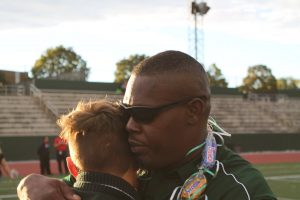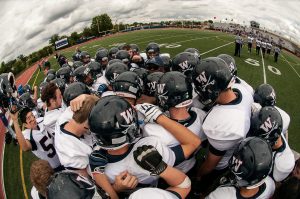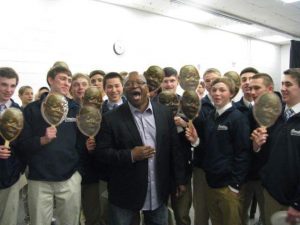Here is the working list for Coaching Commandments. It is not the gospel, it is just the working starter point for coaches, teachers, parents, and educators. The more that is shared, the more that it is known. We can make this an introduction to who we are, why we do what we do, and the way that we do it. We can express How we work, operate, and function. Once the mission and plan are known, understood, and shared, everyone has a greater opportunity to reach whatever goals we put into play. The printable list is linked below:
COACHING COMMANDMENTS
ASK. Why? What? How? Who? Why you play or coach. Why it matters. Why you are here. What is the goal, the task, the plan, the assignment, the purpose? Who is this for? Who can help you. Who needs you. Who cares about you. Who made it possible to be here. How will this work. How is this helpful? How is the going to happen. How can you make it simple? How can you make this likely? Who gets honored in this? Why is this important?
TRUST. Your coaches. Your teammates. Your family. Your plan. Your work. Yourself.
WORK. Do your job (before, during, and after the season). Even love requires action. Action requires love. Both are required for success and growth. Let your work be your resume and statement of who you are.
RESPECT. The game. The process. The name. The history. The people. Those who love you. Your body. Your time. Your future. Your body. Your home.
EFFORT. Give what is required, before it is required. Give yourself every chance. Give yourself the truth. Give your potential a challenge. This can never be an option.
IMPROVE. Each rep. Each play. Each drill. Each shot. Each throw. Each test. Each practice. Each classroom session. Each assignment. Each day.
PRESENT. Be present. Firmly attached to effort. If you have honored the above, they allow you to be present in the moment, the drill, the task at hand, the practice, the play, the mission, the goal. This is the process.
PLAN. Know your responsibility. Know the mission. Know the purpose. Know what you are doing. Know why you are doing it. Understand the plan. Understand that what was planned will happen.
FINISH. The most difficult thing to do is finish. Be present in the very next task at hand. Be able because you have respected the game and yourself enough to trust your team, coaches, and work. Be calm in knowing that you have the plan, you have worked and worked on it to get better at it, you know what is required before it happens, and you have the energy to do so.
LOVE. If you do the above, it is winning and loving. No matter the result, if you have done these things, you will be successful. You will have done the work to respect yourself, and gotten the respect of others. They will trust you, and you, yourself. The work will be honored, valuable, and worthy. You will create memories, provide a path for others to follow, create paths for yourself, and be able to be proud of what was done. You will have gotten better at that thing, and things that you did not know were connected. And, I am sure that you complete the task because you cared enough about it, your team, your name, and yourself to not quit before it was done. You will have more love for the game in understanding all that goes into it, and all that was put into it. You will be loved. You will love.














